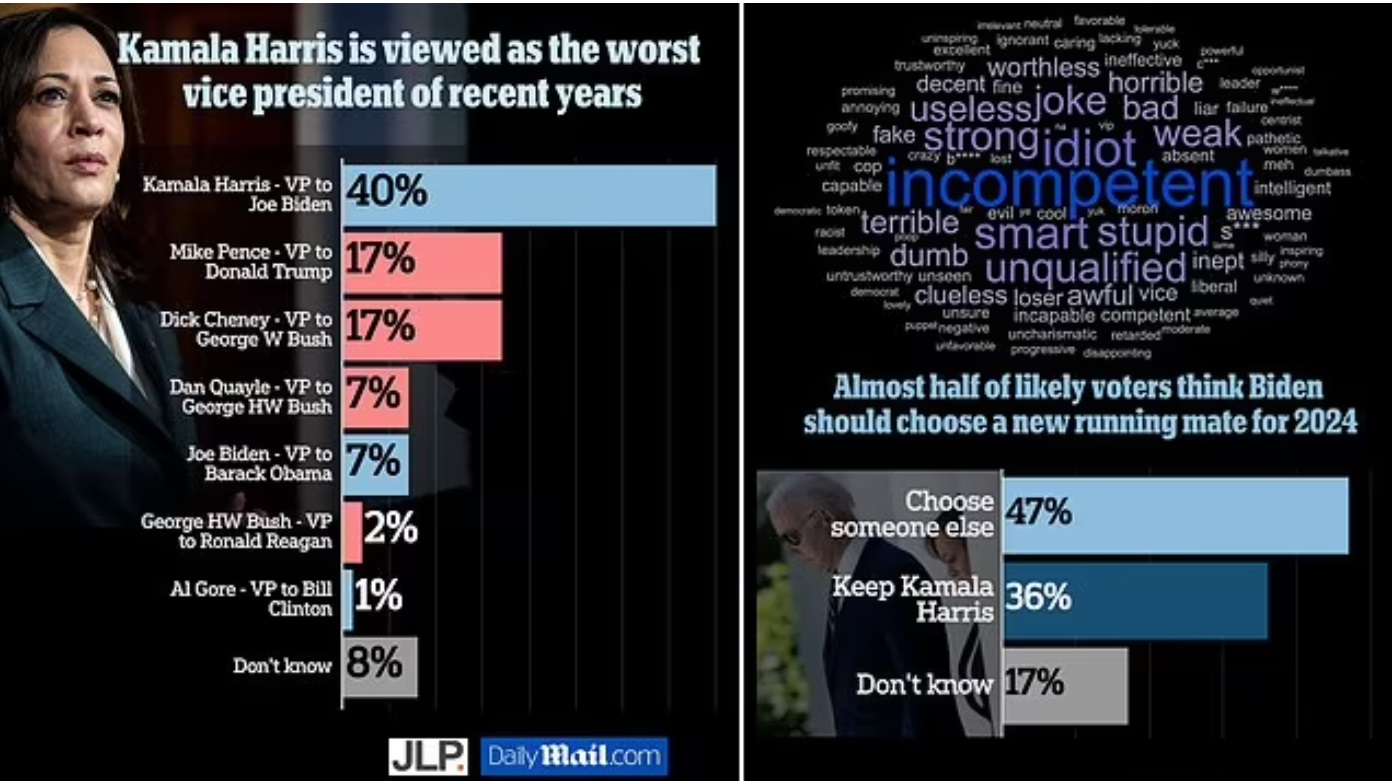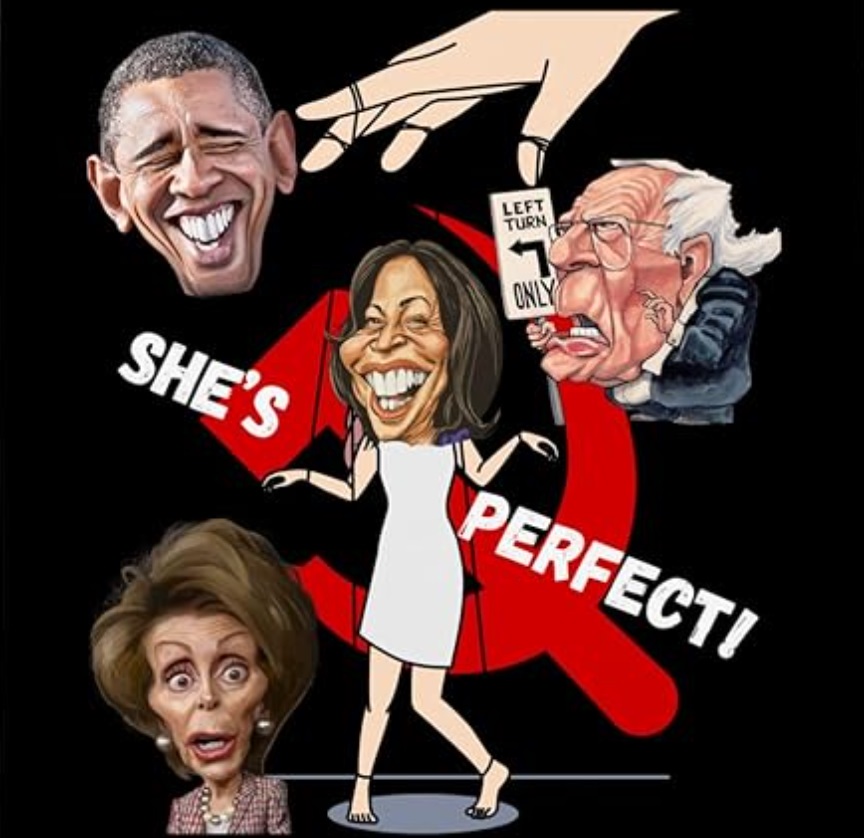A Harris/Walz Administration Would be the End of the American Dream
Harris/Walz Small Business Killers – A potential Kamala Harris-Tim Walz administration could have serious repercussions for small businesses in the United States. Both Harris and Walz have advocated for policies that, while well-intentioned, could lead to higher taxes and more regulatory burdens on small businesses, potentially stifling their growth and innovation.
Tax Policies and Economic Impact
Kamala Harris has consistently supported increasing taxes on corporations and wealthy individuals, which could inadvertently affect small businesses. For example, Harris has proposed raising the corporate income tax rate from 21% to 35%, arguing that large corporations should pay their fair share. She stated, “We need to ensure that our tax code reflects our values and that it prioritizes investments in working families and small businesses over the wealth of large corporations” . However, this tax increase could also hit small businesses that file as pass-through entities, leading to higher operating costs and reduced profitability.
Small businesses will face higher taxes if Kamala Harris is elected – TheHill.com
Tim Walz, during his time as Governor of Minnesota, has supported similar tax increases. Under his administration, Minnesota became the only state to impose a surtax on long-term capital gains. Walz defended this policy by saying, “We need to ask those who are doing well to pay a little bit more to ensure that we can make the investments necessary to support our communities and our small businesses” . However, this surtax could deter investment in small businesses by making capital more expensive to access.
Regulatory Environment
Beyond tax policies, a Harris-Walz administration could impose stricter regulations that might disproportionately impact small businesses. Kamala Harris has been a strong advocate for expanding labor protections, such as pushing for a $15 federal minimum wage. “Every American deserves a living wage, and we need to ensure that small businesses can thrive while paying their workers fairly,” Harris has stated . While this is a noble goal, the increase in wage costs could be challenging for small businesses that operate on thin margins.
Tim Walz has also shown a commitment to increased regulation. As Governor, he expanded environmental regulations in Minnesota, stating, “We cannot ignore the impact of climate change on our businesses and communities. It’s our responsibility to create a sustainable future” . While this is an important initiative, stricter environmental regulations could result in higher compliance costs for small businesses, particularly those in industries like manufacturing and agriculture.
Potential Consequences
The combination of higher taxes and increased regulation could create a challenging environment for small businesses. The increase in corporate taxes could reduce the available capital for reinvestment, stifling growth and innovation. Furthermore, the cost of complying with new regulations could force small businesses to allocate more resources to administrative tasks, diverting funds away from critical areas like product development and customer service.
Conclusion
While the policies proposed by Kamala Harris and Tim Walz may be designed to create a fairer economy and protect workers and the environment, they could unintentionally harm small businesses by increasing their tax burdens and regulatory compliance costs. Small businesses, which are often the backbone of the American economy, might struggle to adapt to these changes, potentially leading to reduced growth, lower job creation, and even closures.
References:





